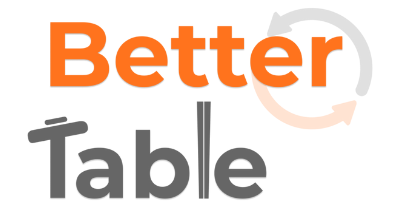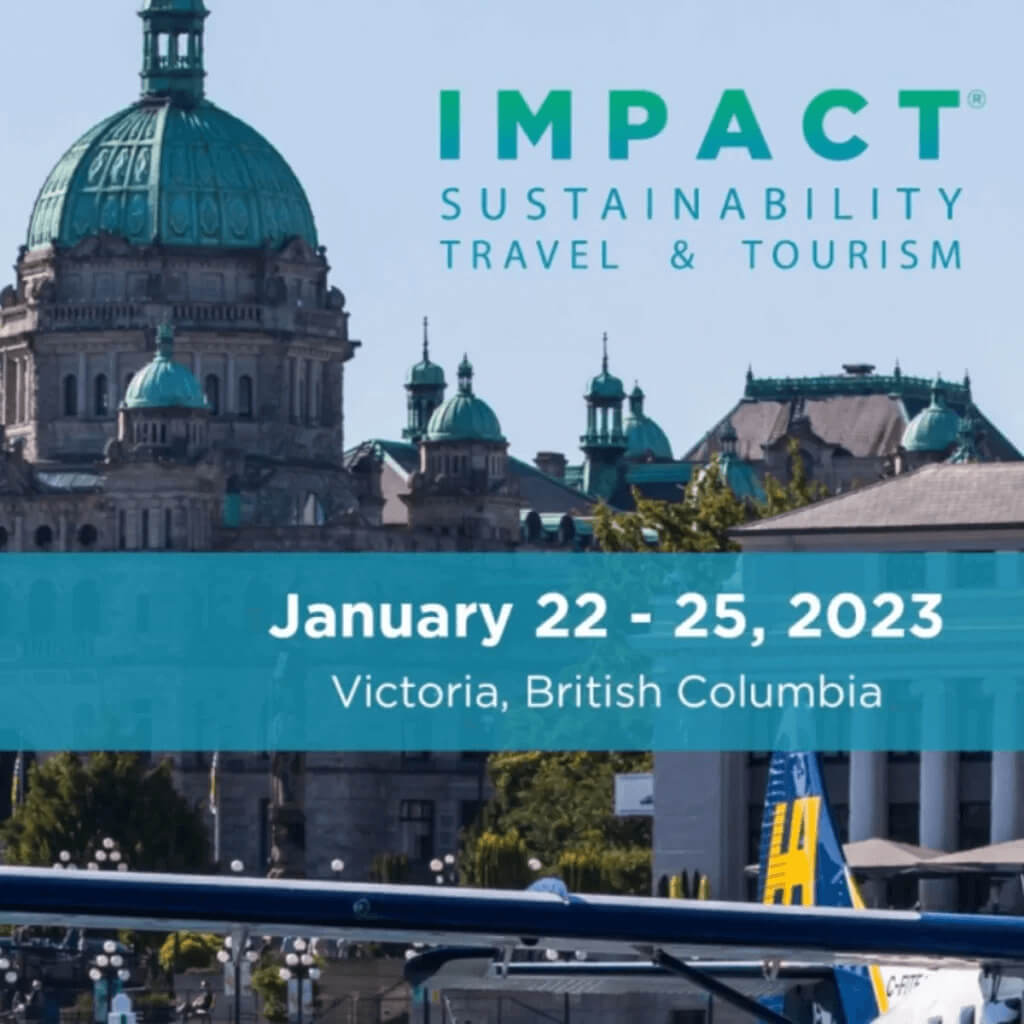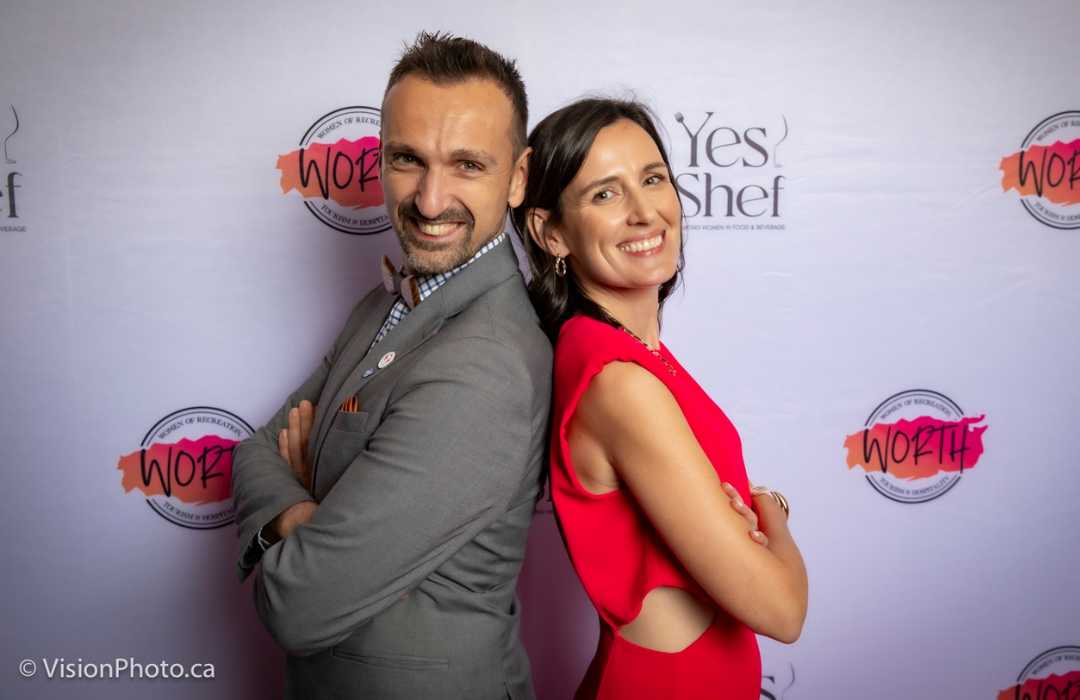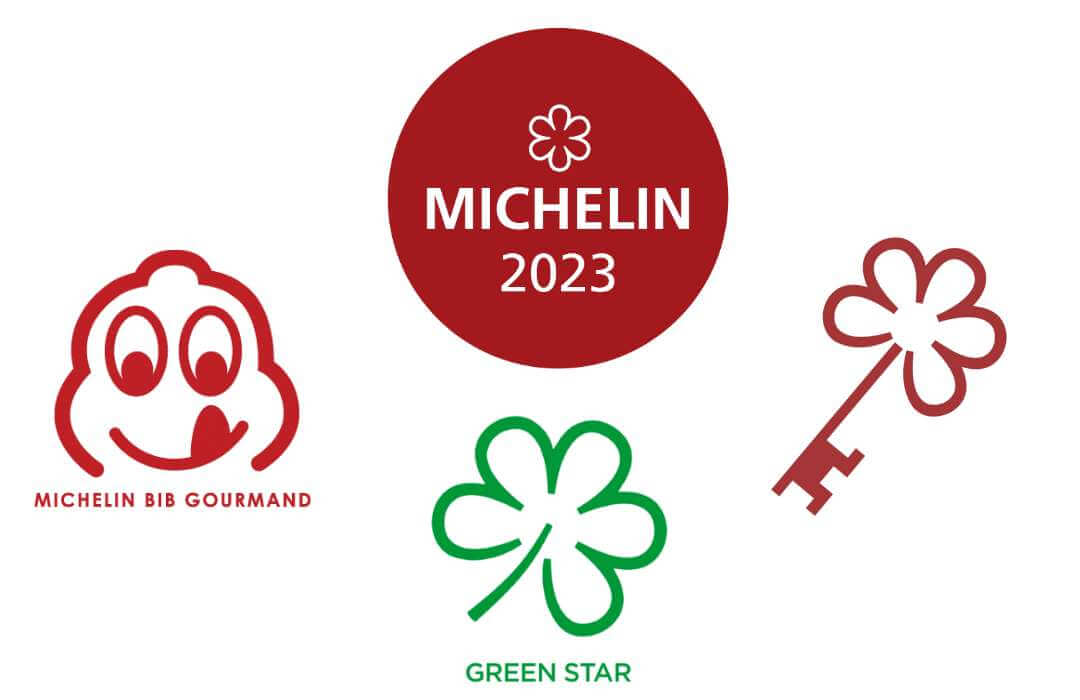The Vancouver Food Policy Council
The Vancouver Food Policy Council is an official civic agency that advises City Council and staff on improving food sustainability in Vancouver, including program and policy changes to improve the local food system. It is comprised of city-appointed and elected experts from various sectors of the food system (including Ben Liegey, Rethink2gether’s CEO). It functions as a bridge between citizens and civic officials, coming together to work on food policy initiatives that benefit all Vancouverites. It namely helps to facilitate new policy development related to the food system.

Food Policy Councils can bring a wide range of interests and voices together which do not typically work directly with each other. It can enter into a more comprehensive approach to analyzing food system issues. Since members come from all sectors of the food system, they are able to recognize the interrelation between different parts of the food system and the need for coordination and integration of actions if policy goals are to be achieved.
How to Solve Our Food Waste Problem?
On May 26th, the Vancouver Food Policy Council has organized a Community Talk: How to Solve Our Food Waste Problem, to discuss:
- The current landscape of food waste in Canada
- Municipal policy options that can be implemented
- Groups using innovative tech to end food waste
- Vancouver’s Circular Food Innovation Lab
- Detroit’s pilot project with 30 restaurants getting certified The PLEDGE™ on Food Waste
Michelle Reining (CEO of Vancouver Food Runners) and I, both members of the Vancouver Food Policy Council and co-chairing the Food Waste Working Group, have introduced the speakers:
- Jamie-Lynne Varney, author of A “Right to Food” Framework for a Just Circular Economy
- Juan Martinez, author of Policies, Incentives, and Measurement Protocols for Food Waste Reporting by Businesses (more info in this blog article)
- Jake Pavlovic, VP of Procurement and Merchandising, Freshlocal Solutions Inc. (SPUD.ca)
- Erin Nichols, City of Vancouver Senior Project Manager – Zero Waste
- Danielle Todd, Founder and Director of Make Food Not Waste and the first Accredited Consultant The PLEDGE™ on Food Waste in the US

Here are my 3 key learnings:
#1 Food Waste is higher and higher on the agenda
With more than 80,000 tonnes of food waste generated per year by the City of Vancouver, 58% being generated by businesses, food waste is becoming a hot topic. The discussion has namely been around: should there be a voluntary agreement with businesses or should there be a regulation?
The Circular Food Innovation Lab launched by the City of Vancouver aims at testing solutions to eliminate avoidable food waste across Vancouver’s food supply chain. There is no fee for businesses to participate in the project. Advice, services, and tools provided are free of charge. At the time of writing, there are still a few spots available to register.
#2 Technology is key to drive positive change
Innovative technology to end food waste can really make a difference, and this can be seen at different levels:
- Inventory management: FoodX Technologies is a leader, explaining why SPUD is the lowest waste retailer in Canada, with only 0.5% food waste (vs. an average of 5% in the industry).
- Food waste monitoring technology: measuring the amounts of food waste generated is key, as you only manage what you measure. If you want, you can try Food Intel Tech for free.
- Food donations: even with a high food efficiency, there will always be surplus food. So donating it with apps like Vancouver Food Runners is increasingly being used.
#3 Public policies can help the hospitality industry
In Detroit, 30 restaurants are embarking on a journey to reduce their food waste, cut unnecessary costs, and become an ally in the fight against climate change through the adoption of The PLEDGE™ on Food Waste certification program. The aim is to identify and eliminate hidden sources of food waste and create long-lasting solutions to waste prevention.
Danielle Todd, Founder and Director of Make Food Not Waste (engineering the project) has explained to the Vancouver Food Policy Council how public policies can help reduce food waste in hotels and restaurants. This project has been funded by the Environmental Protection Agency (EPA), in partnership with Natural Resources Defense Council (NRDC).
